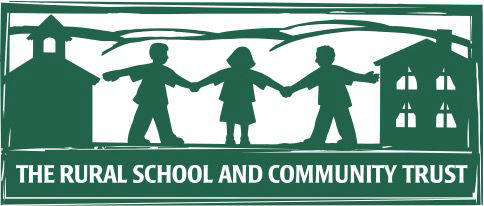
The Rural School and Community Trust website is officially retired.
We hope you found the information provided on our website useful.
View our archived website on the Internet Archive’s Wayback Machine.

We hope you found the information provided on our website useful.
View our archived website on the Internet Archive’s Wayback Machine.